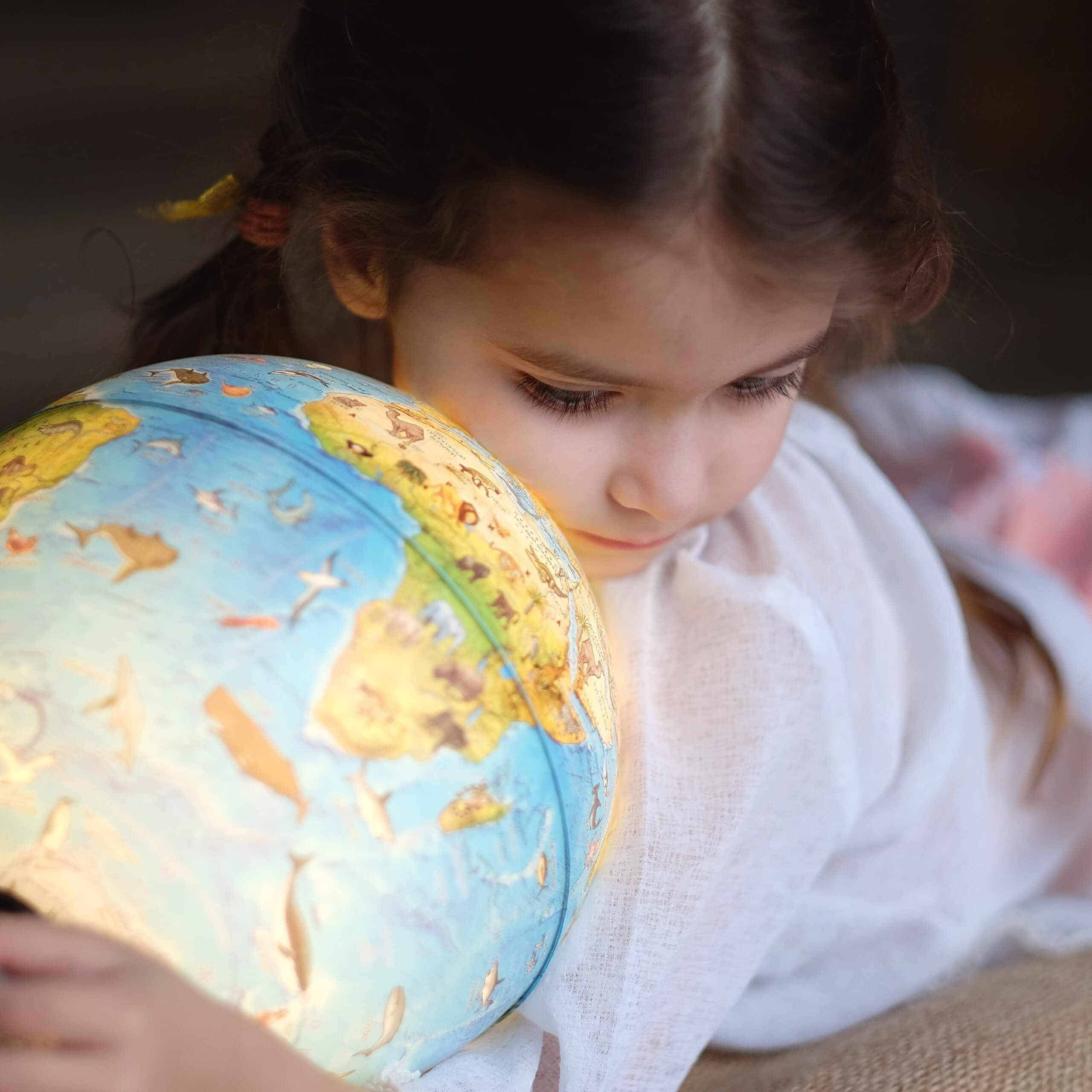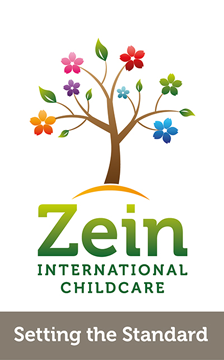Conversations with Children About War and Violence

Does your child have questions about what is happening in Ukraine?
As reports on the shocking and saddening events in Ukraine fill news channels and conversations, feelings of anxiety and fear may arise in children, too. This article aims to offer parents support in answering questions from the youngest members of their family about the images and information they are exposed to.
Talking about the war – a good idea?
Often parents are unsure about raising sensitive topics with their child(ren). Generally, if a child is aware of the war, it is advisable to have a conversation. It is not necessary to discuss the war with very young children (toddlers) as they do not have an emotional understanding of the concept of war yet.
Finding the right time
Just because your child does not talk about the war, does not mean that the topic is not on their mind. Without placing any pressure on the situation, you can ask your child if they know anything about war and where they’ve heard about it. Timing is important: try to avoid bringing up the topic right before bedtime and instead bring it up during a drive in the car or whilst playing or having lunch.
Carefully monitor the needs of your child; if your child doesn’t seem interested in the war or doesn’t want to talk about it at that specific moment that’s okay.
Limiting exposure
Try to be aware that children pick up on your emotions as well as non-verbal communication such as facial expressions and tone of voice. It helps your child to know that you are calm and in control. Does the news affect you emotionally? Checking the news after your child has gone to bed will ensure they don’t pick up on your emotions – or images and messages from the news.
Children are often more receptive than you may think – to emotions and to information. It is wise to be careful about when you have a (telephone) conversation, turn on the news or open a newspaper.
Consider age and development
If you think your child may have picked up on (something relating to) the war, your child’s age and the stage of their development will play a role in how they will make sense of it.
- Pre-schoolers up to the age of 7 have a rich imagination and can struggle to distinguish what is real from what is fantasy (think of: monsters and cartoon figures). They also often relate events to themselves. They may think that if there is violence in another country, there could be violence in their street. This can cause feelings of anxiety and/or fear.
- From 7 years old, children are generally beyond the stage of ‘magical thinking’ and more aware of the realities of what is happening in their direct surroundings and in the world. It also becomes more challenging to shield them from news reports entirely. Alongside feelings of fear and anxiety, older children (generally from the age of 9) experience empathy and realize that other children are living in war.
Tips and tools to have a conversation
- Preparation is key: Prior to starting a conversation with your child, take a moment to think about what you would like to tell them.
- Short and simple information: Try to avoid an overload of complicated information and opt for regular wording to explain what is happening. For example, you could say: … ‘’In countries far away there can be war. Those countries are arguing about who a piece of land belongs to’’. You could also explain what other countries are doing to help.
- Questions: If your child has questions, you can try to answer them or you could choose to ask counter-questions to encourage your child to speak. It is also okay to indicate that you do not always have the answer. Example: If a child asks what a tank is, you can ask: … “What do you think a tank looks like? Can you perhaps draw one or explain it to me?”
- Fear: A common reaction and emotion of children is fear. It is important to take the fear seriously and not brush it off. Try to acknowledge the fear and create space for it. For example, by saying: … “I can understand that you are afraid, it is indeed not a nice situation.”
- Perspective: In addition to creating space for emotions, you could explain to your child(ren) that a solution is being worked on, that world leaders are talking, for example, and that war can end. Your reassurance can also help.
- Facts and context: As an adult, you support your child in their interpretation of the world around them and what happens in it. In doing so, it is advisable to make sure that you remain factual and that your own opinion is disregarded as much as possible. You do this by, for example, asking in-depth questions and by providing context, adapted to the age of the child. Example: It is difficult for a child to estimate how far the war is from their home. As an adult, you can clarify this, by saying: … “It takes two nights and days of driving by car, far away!”
- Check-in: After speaking with your child, it can be helpful to check what information stuck with them and, if needed, provide some extra explanation. Remember: keeping the information short and simple remains key.
- Power of Movement: Children also process through movement. After emotions have been expressed, you could support your child(ren) in processing the conversation and getting rid of these emotions by taking them outside for a movement activity.
- Support Activity: For older children, who experience empathy, it may help to do an activity related to the war. Making a drawing or writing a letter to a child experiencing the war can help. This can contribute to helping the child come to grips with the situation as well as provide a feeling of decisiveness and action – and reduce feelings of fear and anxiety. Click here to download a template for a drawing.
- Learn from news shows for kids: Watching the Dutch Jeugdjournaal or British Newsround can help you understand how the war (and other topics) is explained to children (Note: these shows are appropriate for children aged 9-12). Did you like the way the information was presented? Then you may want to discuss the topic with your child in a similar manner.
Additional support
If you notice that the war is on your child’s mind, please don’t hesitate to reach out to their childcare teacher at Zein for further guidance and support. Together, we will support your child in making sense of and processing the current events.
Sources:
KidsHealth: How to talk to your child about the news
Ouders van nu: Zo praat je over oorlog met je kind
EenVandaag: Hoe praat je met kinderen over de oorlog in Oekraïne
RTL Nieuws: Hoe praat je met je kind over de oorlog in Oekraïne
